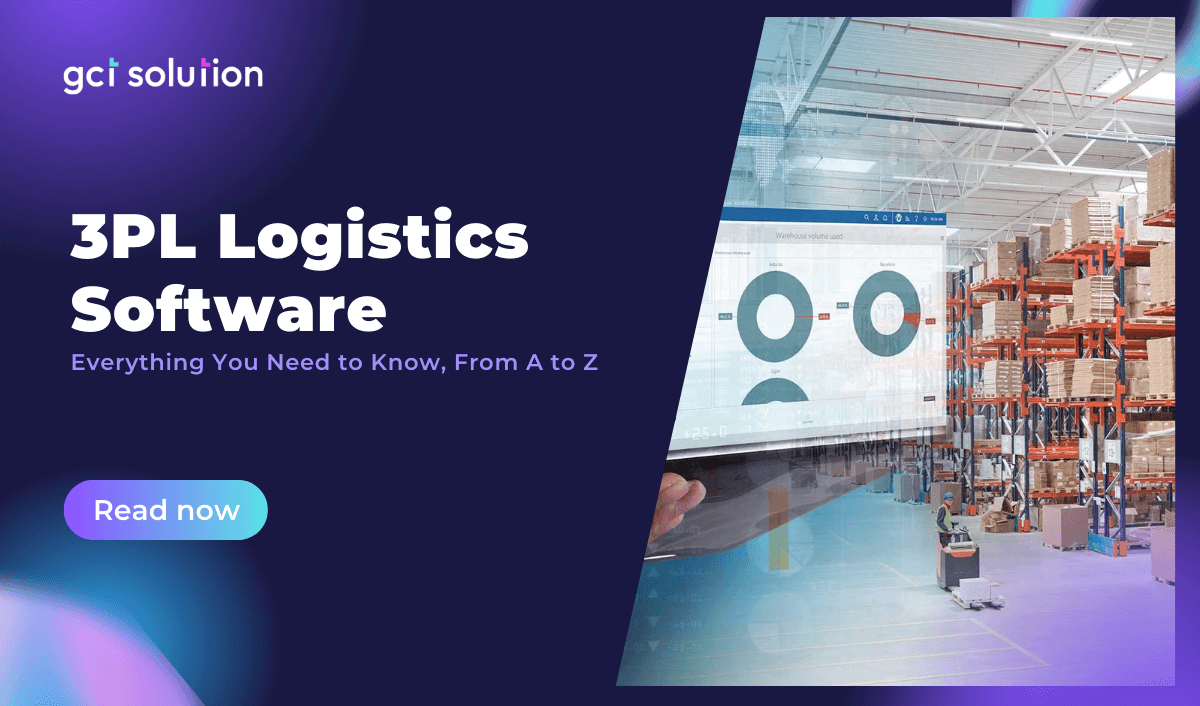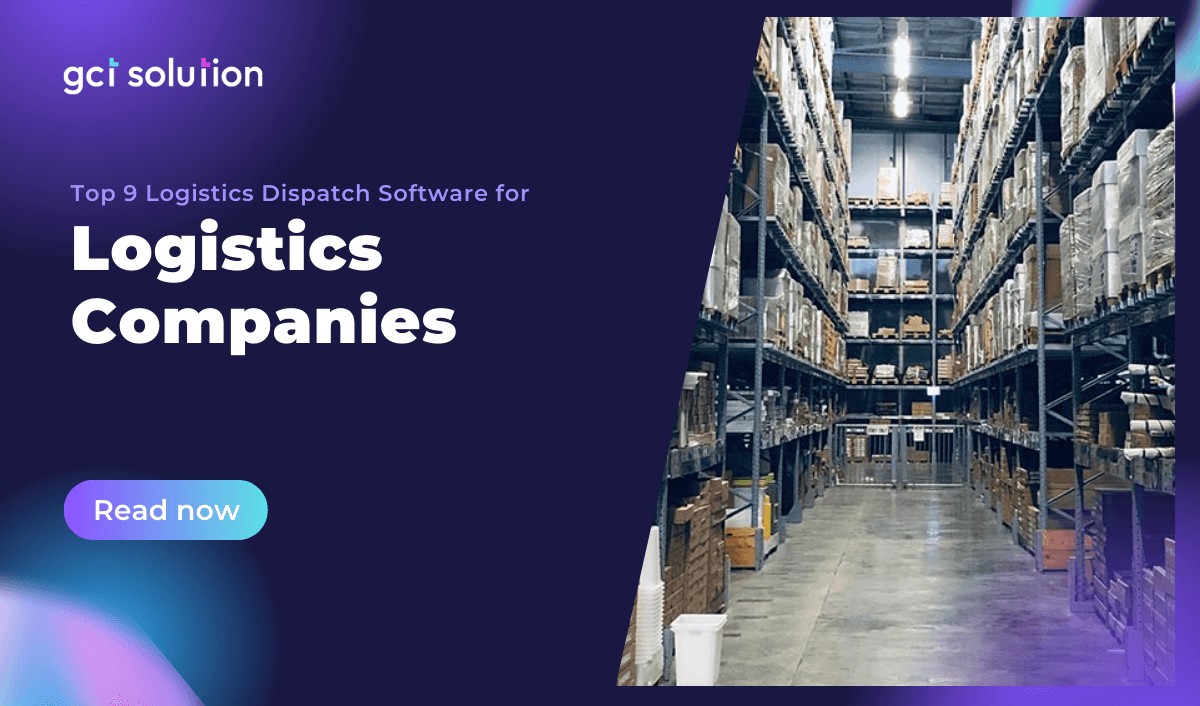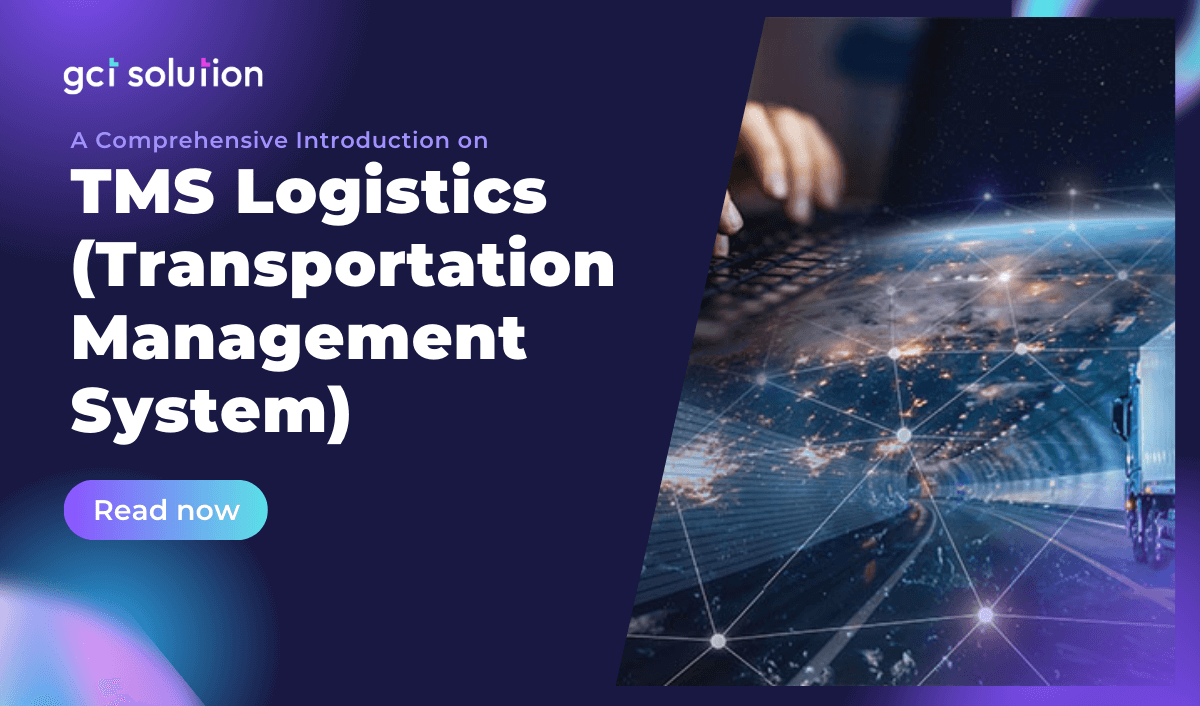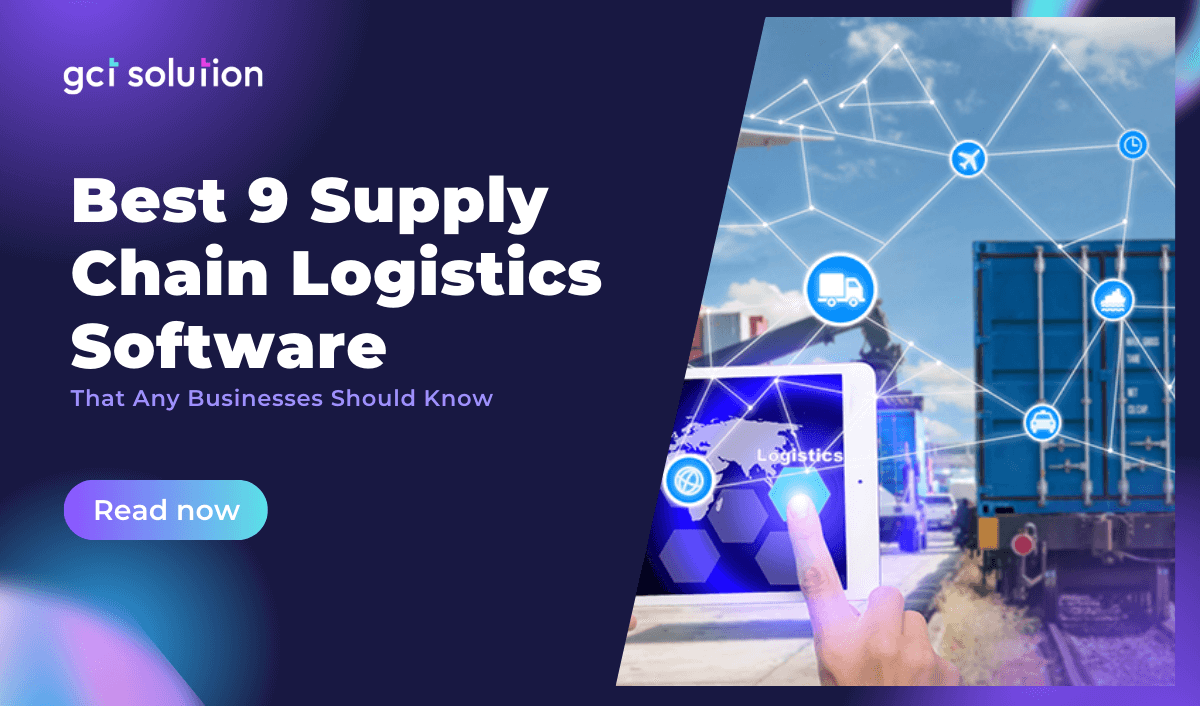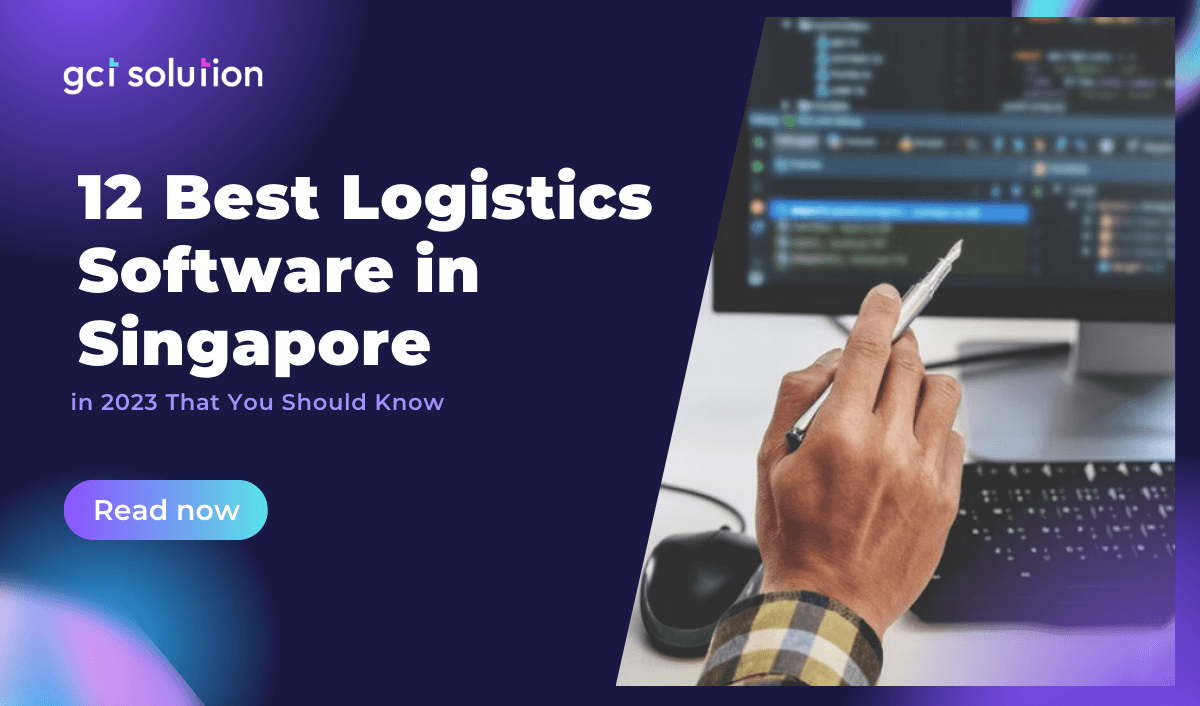The need for e-commerce insurance has been certainly on the rise as a corollary to the e-commerce business growth in popularity. This type of insurance is designed to protect businesses that sell goods and services online from potential risks and losses. According to Allied Market Research, the global online insurance market is expected to reach $330.1 billion by 2031, rising at a CAGR of 20.2% from 2022 to 2031. In this blog post, we'd like to discuss what e-commerce insurance is, the available types, and the reasons why e-commerce businesses should have it. We'll also provide some tips on how e-commerce businesses can choose the most suitable insurance for their business. Let's get started!
E-commerce Quality Assurance: Definition, Types, Examples, Benefits, and Methods
E-commerce is a booming industry that offers convenience, variety, and affordability to consumers around the world. According to the Census Bureau, overall e-commerce sales in 2022 accounted for 14.6% of total sales. Such an impressive figure, right? However, with great opportunities come great challenges. E-commerce businesses face fierce competition, high customer expectations, and complex technical issues that might jeopardize their performance and reputation. That's why quality assurance (QA), a process that ensures a product or service meets the specified requirements and delivers value to the customers, is essential for e-commerce success. QA involves testing, monitoring, evaluating, and improving the quality of e-commerce systems throughout their lifecycle. In this blog post, we will explore what QA means in e-commerce, why it is important, how it can be done effectively, and what benefits it can bring to e-commerce businesses.
Top 10 Tips to Create a User-Friendly E-commerce Website Design
E-commerce is one of the fastest-growing and most competitive industries in the world. According to Statista, global e-commerce sales are expected to reach $6.5 trillion by 2023, up from $4.2 trillion in 2020. But with so many online stores competing for customers' attention and money, how can you stand out from the crowd and increase your conversions? The answer lies in your website design. Your website design is more than just how your site looks. It's also how it works, how it interacts, and how it makes your visitors feel. A user-friendly e-commerce website design is one that provides a smooth, easy, and enjoyable shopping experience for your customers. It helps them find what they want quickly, guides them through the buying process effortlessly, and encourages them to come back for more. But how do you create such a design? Here are 10 tips that will help you create a user-friendly e-commerce website design that boosts your sales and loyalty.
3PL Logistics Software – Everything You Need to Know, From A to Z
The logistics industry is a rapidly growing sector, with an increasing demand for the fast and efficient supply chain management. One type of software that has gained significant traction in recent years is the 3PL logistics software. This software provides logistics companies with a range of services, from warehousing and order fulfillment to transportation management and real-time tracking. In fact, a survey conducted by EFT and Logistics Reply found that 90% of logistics companies believe that technology will have a significant impact on their business in the next two years, with 3PL logistics software being a key technology driver. In this article, we will delve into all you need to know about 3PL logistics software, including its definition, benefits, cost, and effective use.
Top 9 Logistics Dispatch Software for Logistics Companies
Imagine running a logistics company without dispatch software. It would be like trying to navigate a ship without a compass. Dispatch software is the compass that helps logistics companies steer their operations in the right direction. With the escalating demand of the logistics industry, having the right dispatch software can make all the difference in the success of logistics companies. In this article, we will explore the top 9 logistics dispatch software for logistics companies, and why they are considered the best in the industry.
Top 10 Logistics Software in the UK in 2023 That You Should Know!
The logistics industry in the UK is like a well-oiled machine, constantly moving and adapting to meet the increasing demand for the speedy and efficient supply chain management. But what keeps this machine running smoothly? Technology, of course! The use of logistics software has become the backbone of many logistics companies, allowing them to stay ahead of the competition and streamline their operations like never before. If you're wondering which logistics software reigns supreme in the UK, we've got you covered. Here are the top 10 logistics software providers in the UK, along with their standout features, real-world use cases, and pros & cons.
A Comprehensive Introduction on TMS Logistics (Transportation Management System)
Transportation Management System, also known as TMS, is currently known as an indispensable part of modern supply chain management. Obviously, the promising future of TMS in the logistics industry is undeniable. According to Grand View Research, the global market for transportation management systems was estimated at USD 10.45 billion in 2022 and is projected to expand at a CAGR of 14.8% between 2023 and 2030. Indeed, TMS's ability to efficiently and effectively manage transportation operations can significantly impact a company's bottom line. In order not to stay behind the times, businesses should grasp an overall understanding of this next-generation system. In this blog, we will discuss what TMS means in logistics, why shippers need it, and how it works. Let’s get started!
Best 9 Supply Chain Logistics Software That Any Businesses Should Know
In today's commercial world, supply chain logistics software is critical. According to a survey by Supply Chain Digest, the top benefits of using supply chain logistics software are improved inventory management, increased supply chain visibility, and improved customer service. Undoubtedly, these tools assist firms in streamlining processes, optimizing supply chains, lowering costs, and increasing customer satisfaction. As we approach 2023, there are a number of software alternatives on the market that can assist firms in improving their logistics and supply chain procedures. This blog will go over the top 9 supply chain logistics software in 2023.
The Future of Logistics: Last Mile Delivery System
In the world of logistics, the last mile delivery system is the final stage of the transportation process, where the package is delivered to its destination, which is usually a residential or commercial address. Last mile delivery is considered the most critical and expensive part of the entire logistics chain, accounting for over 50% of the total logistics cost. In this article, we'll go over the definition of tracking last mile delivery and the current trend of this system. We'll also look at the reason why last mile delivery system is the future of logistics. Thus, whether you're a business owner or a customer, keep reading to learn more about this expanding industry!
12 Best Logistics Software in Singapore in 2023 That You Should Know
In Singapore, logistics plays an undeniably important role in the economy. The city-state is a global logistics hub, with a world-class infrastructure, connectivity, and logistics ecosystem. Singapore's logistics industry is projected to grow at a CAGR of 7.5% from 2020 to 2025, driven by the rising demand for e-commerce and cross-border trade. To stay competitive, logistics companies need to adopt advanced technology solutions that can help streamline their operations, reduce costs, and enhance customer experience. In this article, we will explore the 12 best logistics software in Singapore that you should know.




